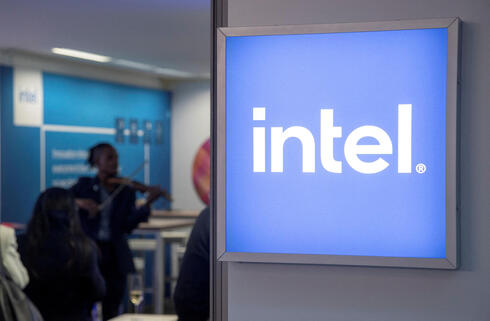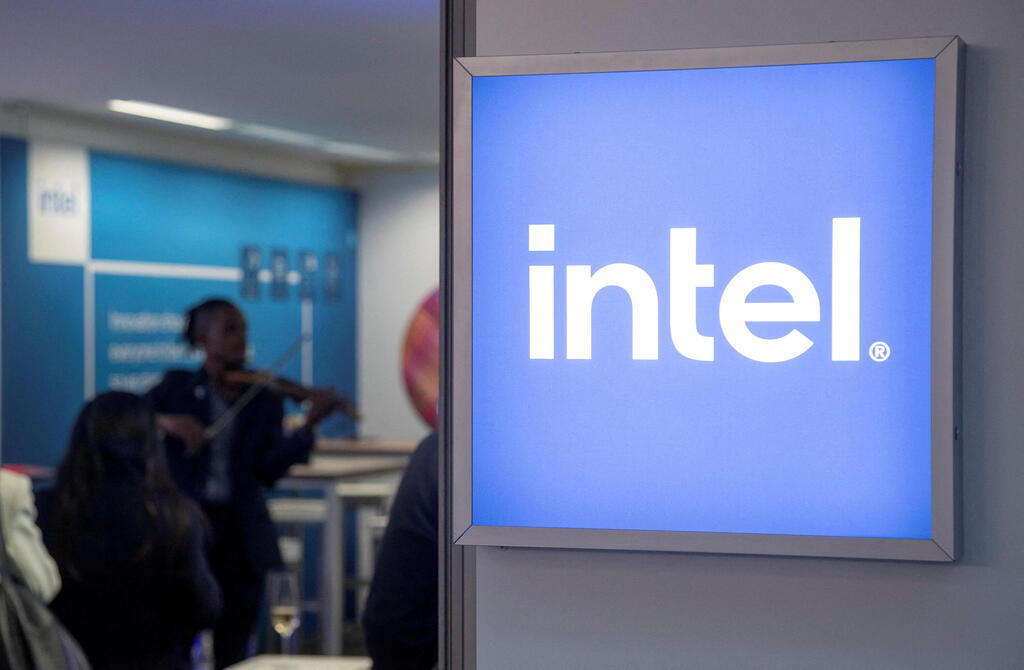
Intel's future in limbo following key three-day board summit
With the company in turmoil, drastic options like asset sales and project delays are on the table.
Intel's board of directors convened for a three-day series of meetings this week to discuss a series of radical measures to revive the company, including halting multibillion-dollar factory construction projects, selling divisions or holdings in companies such as Mobileye, and splitting the chip giant’s core operations into separate entities, according to a report by Bloomberg.
The series of meetings began on Tuesday following the disappointing quarterly report published in August and the announcement of a layoff plan affecting 15,000 employees. The company’s second-quarter revenues were lower than analysts' forecasts, falling by 1% to $12.8 billion. Intel went from a net profit of $1.5 billion to a loss of $1.6 billion. For the current quarter, Intel is expecting a further decrease in revenues of between 5% and 12%.
These results shattered the remaining confidence of both investors and the board in CEO Pat Gelsinger's strategic plan, which focuses on creating a significant foundry business (manufacturing chips for other companies, based on their designs) with an investment of tens of billions of dollars.
Now, the board is discussing various options. While no decisions are expected this week, the outcome will determine not only Intel's future but also the Biden administration's plan to turn the U.S. into a global chip manufacturing hub, an initiative with a $50 billion budget.
Sources with knowledge of the matter told Bloomberg that the options under consideration are aimed at stabilizing Intel’s financial situation, even if that means scaling back some of Gelsinger’s ambitions. One option being discussed is the sale of divisions acquired before Gelsinger’s appointment, which have already been separated from Intel's core operations. Among these is the possible sale of a portion of its holdings in Mobileye, which Intel retained after spinning off the company in 2022. However, with Mobileye’s market value having fallen by 75% this year, demand for its shares is low, and Intel does not expect to sell a significant portion of its stake in the near future. Another potential sale is Altera, a programmable chip manufacturer acquired in 2015 but spun off from Intel last year in preparation for a sale.
The board is also considering reducing its planned investments, which amount to tens of billions of dollars, in chip factories, including those in Arizona and Ohio that were intended to be flagship facilities. The construction of these factories is a central part of the Biden administration’s chip strategy, and Intel has received significant subsidies and benefits, worth billions of dollars, for these projects. U.S. Commerce Secretary Gina Raimondo has even tried to help Intel by encouraging companies like Nvidia and AMD to manufacture their chips at Intel’s facilities, but so far, this effort has been unsuccessful.
According to Bloomberg, if Intel decides to cut or delay factory projects, it will likely prioritize those outside the U.S. Reports suggest Intel has already discussed delaying the construction of a production plant in Magdeburg, Germany, which had received billions in subsidies. The board is also reportedly considering delaying or canceling smaller plants in Poland and Malaysia. The Bloomberg report did not mention the fate of the new factory Intel committed to building in Kiryat Gat, Israel, at a cost of $25 billion, a project that was partially halted earlier this summer.
The most extreme option under consideration is splitting Intel into separate companies. However, the connection between Intel’s chip design activities—many of which are based in Israel—and its manufacturing operations is considered core to the company’s identity. According to Bloomberg, there is uncertainty about whether it would make business sense to separate these divisions. Such a move would also face practical hurdles, such as obtaining approvals from the countries where Intel’s factories operate, and honoring the tens of billions of dollars the company has committed to invest.
At this stage, it is unclear which option the board will favor. No formal offers to purchase Intel or its divisions have been received, and no date has been set for a binding vote. The board is also not considering replacing Gelsinger, as Intel believes the major damage had already occurred before he took on the role.
In response to Bloomberg, Intel stated that it is approaching the end of a major technological innovation process and has regained leadership in crucial areas such as AI computing. The company plans to accelerate the next stage of its transformation while taking decisive steps to drive profitable growth.














